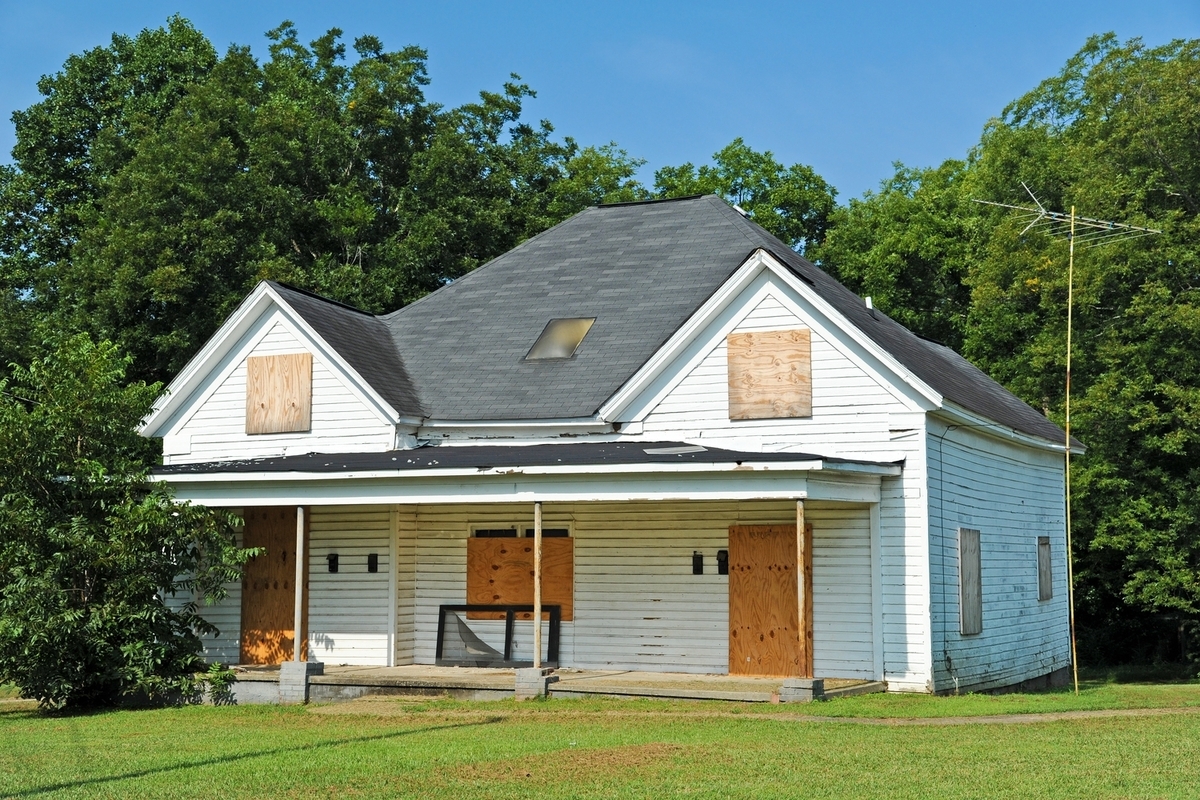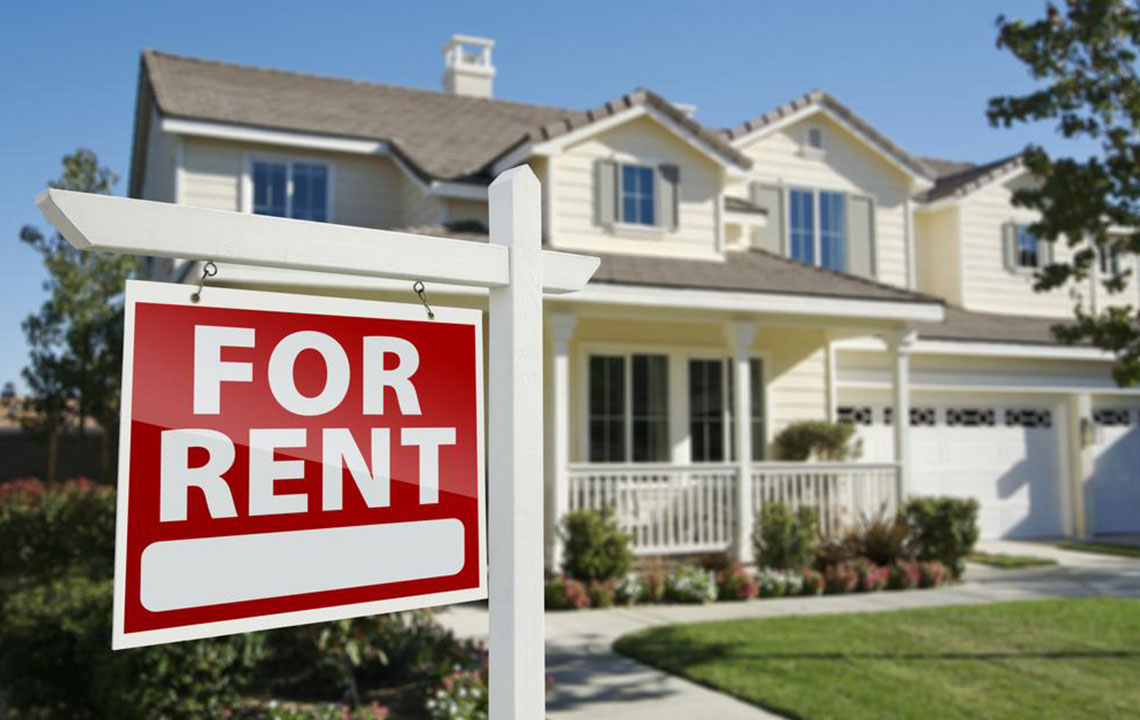Comprehensive Guide to Leasing Property from Private Landlords
Discover the comprehensive guide to renting from private landlords, highlighting advantages for tenants and landlords, key tips, and how to find private listings. Learn how direct leasing can offer flexibility, cost savings, and personalized management, ensuring a successful rental experience for all parties involved.

Comprehensive Guide to Leasing Property from Private Landlords
In today’s dynamic real estate market, renting directly from individual landlords offers tenants a range of unique benefits, including greater flexibility and potentially lower costs. Unlike traditional rentals managed by large property management firms or agencies, private landlord rentals provide a more personalized experience for both tenants and property owners. This comprehensive guide aims to explore all critical aspects of renting from private landlords, offering valuable insights to help prospective tenants make informed decisions and landlords optimize their rental management.
Understanding the Nature of Private Landlord Rentals
Private landlord rentals refer to properties leased directly from individual property owners without the intervention of real estate agencies or property management companies. This method of leasing often results in more straightforward procedures and closer owner-tenant relationships. Such arrangements can be highly beneficial in terms of flexibility, communication, and cost-effectiveness, making them an attractive option in the competitive rental market.
Advantages for Tenants in Private Landlord Rentals
1. Personal Interaction and Greater Flexibility
One of the key benefits of renting directly from private landlords is the ability to communicate directly with the property owner. This direct line of communication often leads to quicker responses to maintenance requests, more flexible lease negotiations, and personalized agreements tailored to individual needs. For example, tenants may negotiate pet policies, early rent payments, or property modifications more easily than through corporate management channels.
2. Cost Savings and Competitive Rents
Without the overhead costs associated with property management companies, private landlords can often offer more competitive rental rates. Additionally, tenants may encounter reduced application fees and fewer middlemen charges, leading to overall cost savings. These financial advantages make private landlord rentals an appealing choice, especially for budget-conscious renters seeking quality accommodations.
3. Opportunity for Customization and Clear Communication
Renters can sometimes request minor property upgrades or cosmetic improvements, such as fresh paint or additional fixtures. This fosters a collaborative relationship and allows tenants to personalize their living space within the bounds of the lease. Clear, direct communication helps avoid misunderstandings and ensures both parties are aligned on expectations and responsibilities.
Advantages for Private Landlords
1. Full Control Over Rental Processes
Private landlords retain complete authority over their rental properties, including tenant selection, maintenance, and lease terms. This control enables them to make swift decisions, tailor leasing conditions, and implement management strategies that suit their preferences. Such autonomy facilitates a more personalized management style, potentially leading to better property upkeep and tenant satisfaction.
2. Building Long-Term Relationships
Direct interactions allow landlords to establish genuine relationships with tenants, fostering trust and mutual respect. These long-term associations can lead to increased tenant retention, reduced vacancy periods, and a more stable rental income. Moreover, owners can better educate tenants about property care and community rules, enhancing the overall living environment.
3. Enhanced Profitability
By avoiding management fees and third-party commissions, private landlords can maximize their income from rental properties. Offering competitive rents attracts responsible tenants, while savings on management expenses contribute to higher profitability. Additionally, landlords can implement personalized marketing and leasing strategies to optimize occupancy rates and rental income.
Tips for Tenants Considering Private Landlord Rentals
1. Conduct Thorough Research and Due Diligence
Before committing to a property, prospective tenants should investigate the landlord’s reputation, rental history, and property condition. Verify references if available and ask detailed questions about lease terms, maintenance responsibilities, and property policies. Visiting the property in person and reviewing online reviews or testimonials can help gauge the legitimacy and quality of the rental opportunity.
2. Ensure Lease Agreements Are Clear and Comprehensive
Carefully review the lease contract to clarify rent amounts, payment schedules, maintenance responsibilities, pet policies, and procedures for resolving disputes. If complex legal language or unfamiliar clauses exist, consulting a legal professional can help clarify rights and obligations, preventing future conflicts.
Tips for Private Landlords to Optimize Rental Management
1. Implement a Rigorous Tenant Screening Process
Conducting thorough background checks, including credit history, employment verification, and reference calls, ensures responsible tenancy. Responsible tenants are more likely to care for the property, pay rent punctually, and abide by lease terms, reducing potential issues down the line.
2. Stay Compliant with Local Laws and Regulations
Being aware of and adhering to local rental laws, safety standards, and fair housing regulations is crucial to avoid legal complications. Keeping documentation, such as safety compliance records and lease agreements, organized and up-to-date helps maintain legal integrity.
3. Maintain the Property Regularly and Respond Promptly to Repairs
Regular maintenance not only preserves the property's value but also enhances tenant satisfaction. Establishing clear procedures for reporting repairs and ensuring prompt action demonstrates professionalism and fosters positive tenant relationships.
4. Set Fair and Attractive Rental Prices
Research local market rates to determine competitive rent levels that reflect the property's value and condition. Setting fair prices encourages timely payments and reduces vacancy periods.
Where to Find Private Landlord Listings
1. Online Platforms and Classifieds
Websites such as Craigslist, Zillow, and Facebook Marketplace frequently feature private rental listings directly from owners. Filtering search options for private listings can yield better options for direct-managed rentals.
2. Community and Social Networks
Local community groups, social media pages, and neighborhood bulletin boards are excellent sources for discovering rental opportunities that might not be posted publicly online. Word of mouth and local networking often reveal hidden gems.
3. Specialized Real Estate Portals
Use property listing websites that allow searches with keywords like "direct owner" or "private listing" to identify homeowner-managed rentals, ensuring you target arrangements without intermediaries.
Private landlord rentals provide a flexible, cost-effective alternative for renters seeking a more personalized and direct leasing experience. They also present landlords with opportunities to foster closer relationships with tenants and manage their properties more efficiently. With proper vetting, clear communication, and mutual understanding, both parties can enjoy a mutually beneficial rental arrangement that enhances satisfaction and long-term stability.





